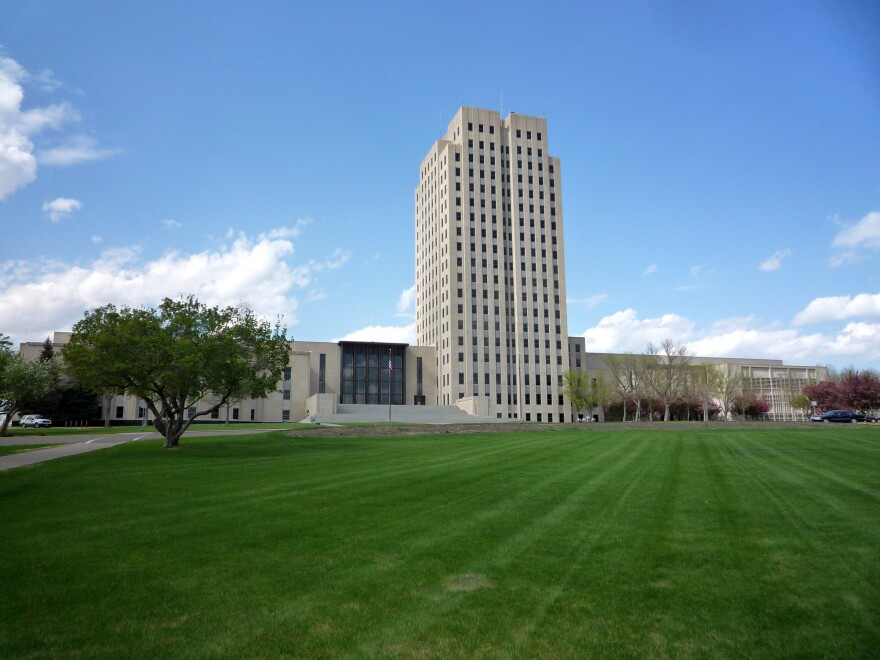The Legislature has voted to end the state’s “defined benefit” pension plan for new hires – replacing it with a “defined contribution” plan.
It would affect new hires after Jan. 1st, 2025.
This came about because of a projected underfunded liability for the current plan estimated to be $1.9 billion.
"We're tat an historic moment in our state's history," said Rep. Scott Louser (R-Minot). "Passage of HB 1040 provides the pension reform that has long been an issue in our state, leading us to the $1.9 billion unfunded liability."
Louser said moving away from a "DB" plan for new hires will ensure the "obligation and promise" is maintained for every current and retired employee.
House Majority Leader Mike Lefor (R-Dickinson) argued that new hires want the portability of a defined contribution plan.
Speaking in opposition, Rep. Corey Mock (D-Grand Forks) said he knew the writing was on the wall.
"While I still believe we have options to make the current pension viable, solvent and an asset to our state, this body will likely take another course of action," Mock said.
The House vote was 76 to 17. The Senate has passed HB 1040 earlier, 28 to 19.
In a statement, North Dakota United president Nick Archuleta said the passage of HB 1040 is a "betrayal of the promise" that workforce issues would be a top priority in this Legislative session.
“North Dakota’s public employees provide the essential services we all have come to depend upon and rightfully deserve. They do this important work both out of loyalty and a call to duty for the state, counties and local communities that they call home. To help retain this world-class workforce, the State of North Dakota has offered a secure, modest but dependable retirement plan. This
arrangement has worked exactly as intended for more than a generation. We are disappointed to see this important tool for recruitment and retention come to an end.”
The bill also affects new hires in other state political subdivisions.
The bill now goes to Gov. Burgum.





